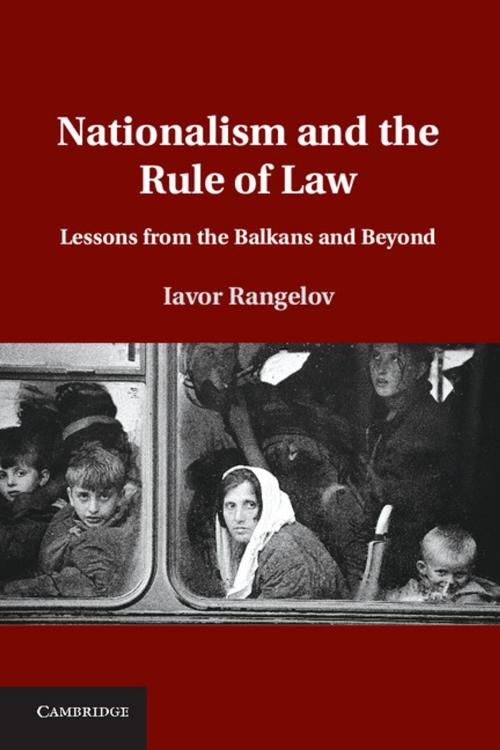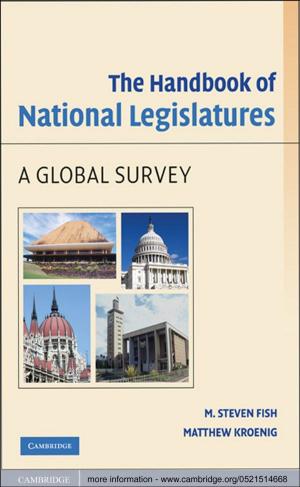Nationalism and the Rule of Law
Lessons from the Balkans and Beyond
Nonfiction, Reference & Language, Law, Jurisprudence, Social & Cultural Studies, Political Science| Author: | Iavor Rangelov | ISBN: | 9781107702523 |
| Publisher: | Cambridge University Press | Publication: | October 31, 2013 |
| Imprint: | Cambridge University Press | Language: | English |
| Author: | Iavor Rangelov |
| ISBN: | 9781107702523 |
| Publisher: | Cambridge University Press |
| Publication: | October 31, 2013 |
| Imprint: | Cambridge University Press |
| Language: | English |
The relationship between nationalism and the rule of law has been largely neglected by scholars although separately they have often captured public discourse and have emerged as critical concepts. This book provides the first systematic account of this relationship. It develops an analytical framework for understanding the interactions of nationalism and the rule of law by focusing on the domains of citizenship, transitional justice and international justice. The book engages these insights further in a detailed empirical analysis of three case studies from the former Yugoslavia. The author argues that while the tensions and contradictions between nationalism and the rule of law have become more apparent in the post-Cold War era, they can also be harnessed for productive purposes. In exploring the role of law in managing and transforming nationalism, the book emphasises the deliberative character of legal processes and offers an original perspective on the power of international law to reshape public discourse, politics, and legal orders.
The relationship between nationalism and the rule of law has been largely neglected by scholars although separately they have often captured public discourse and have emerged as critical concepts. This book provides the first systematic account of this relationship. It develops an analytical framework for understanding the interactions of nationalism and the rule of law by focusing on the domains of citizenship, transitional justice and international justice. The book engages these insights further in a detailed empirical analysis of three case studies from the former Yugoslavia. The author argues that while the tensions and contradictions between nationalism and the rule of law have become more apparent in the post-Cold War era, they can also be harnessed for productive purposes. In exploring the role of law in managing and transforming nationalism, the book emphasises the deliberative character of legal processes and offers an original perspective on the power of international law to reshape public discourse, politics, and legal orders.















